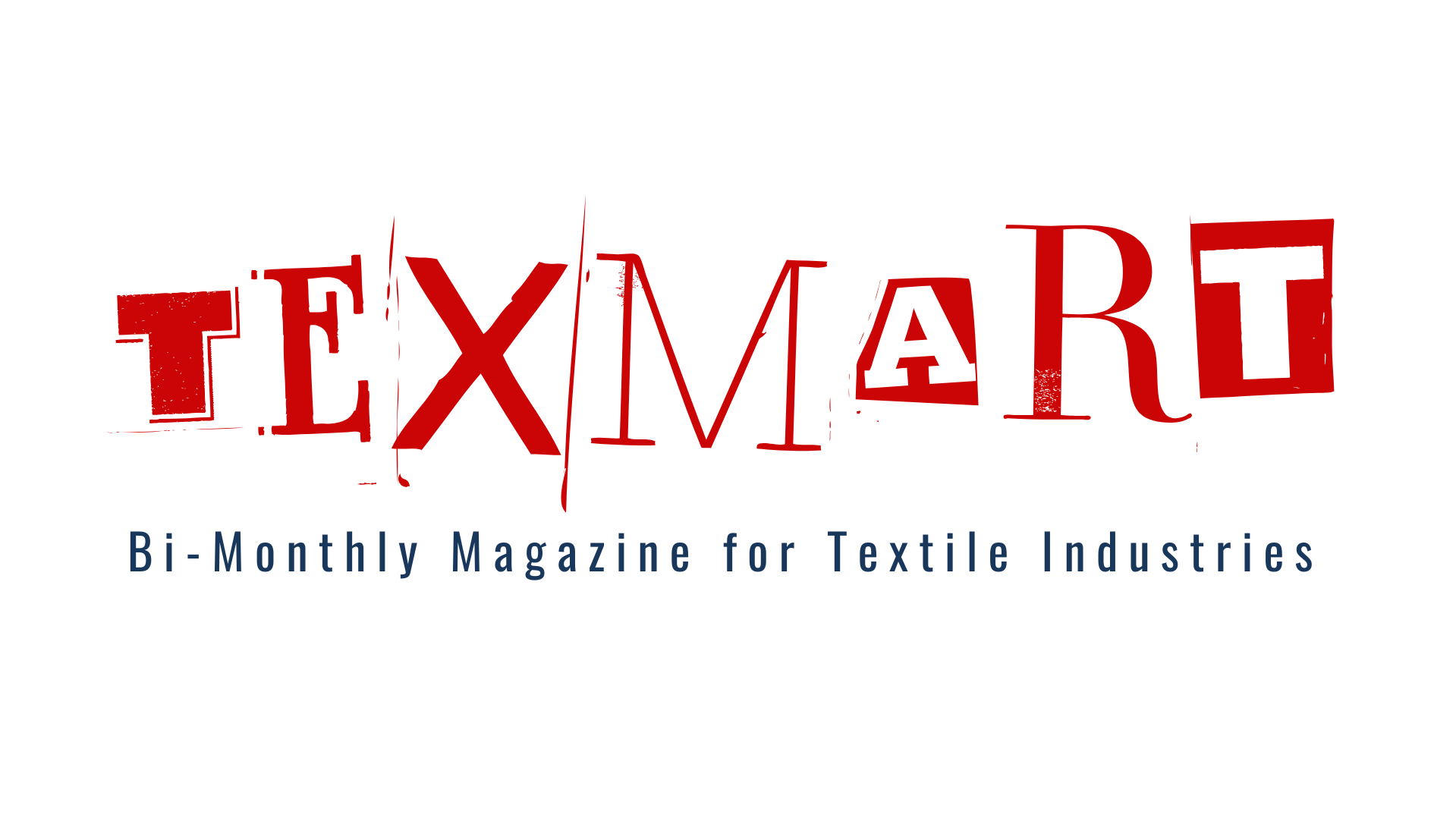India’s Directorate General of Trade Remedies (DGTR) has recommended an anti-dumping duty (ADD) of $102–173 per ton on Mono Ethylene Glycol (MEG) imported from Gulf nations and Singapore.
However, the downstream industry has cautioned the government against accepting the recommendation, warning that it would hamper the growth of the manmade fibre (MMF) textile and garment sectors. The recent GST cut on the MMF value chain has boosted prospects for industry expansion.
DGTR concluded that imports of MEG from Kuwait, Saudi Arabia, and Singapore were being dumped in the Indian market, causing injury to domestic producers. The findings follow a year-long investigation initiated at the request of the Chemicals and Petrochemicals Manufacturers Association of India (CPMA), primarily supported by Reliance Industries Limited (RIL).
The investigation began in September last year, following allegations that exporters from Kuwait, Saudi Arabia, and Singapore were selling MEG in India at unfairly low prices. MEG is a key raw material for polyester yarns, PET resins, and antifreeze, making it critical for India’s textile and packaging industries. RIL, which accounts for over 70–80 per cent of domestic production, argued that low-priced imports had depressed local prices and hurt profitability.
DGTR determined that exporters from these countries sold MEG at prices significantly below the normal value, with dumping margins ranging from 20–50 per cent. It found that, despite increased domestic capacity, unfairly priced imports had undercut prices and eroded profitability for Indian producers.
RIL, supported by CPMA, claimed that government intervention in Gulf markets distorted raw material costs, giving exporters an unfair advantage. Exporters, however, argued that their prices reflected true market conditions and attributed the decline to global price trends rather than dumping. According to DGTR’s recommendations, ADD should be imposed on MEG, ranging from $102–173 per ton or ₹9–15 per kg.
News Courtesy: Fibre2fashion



